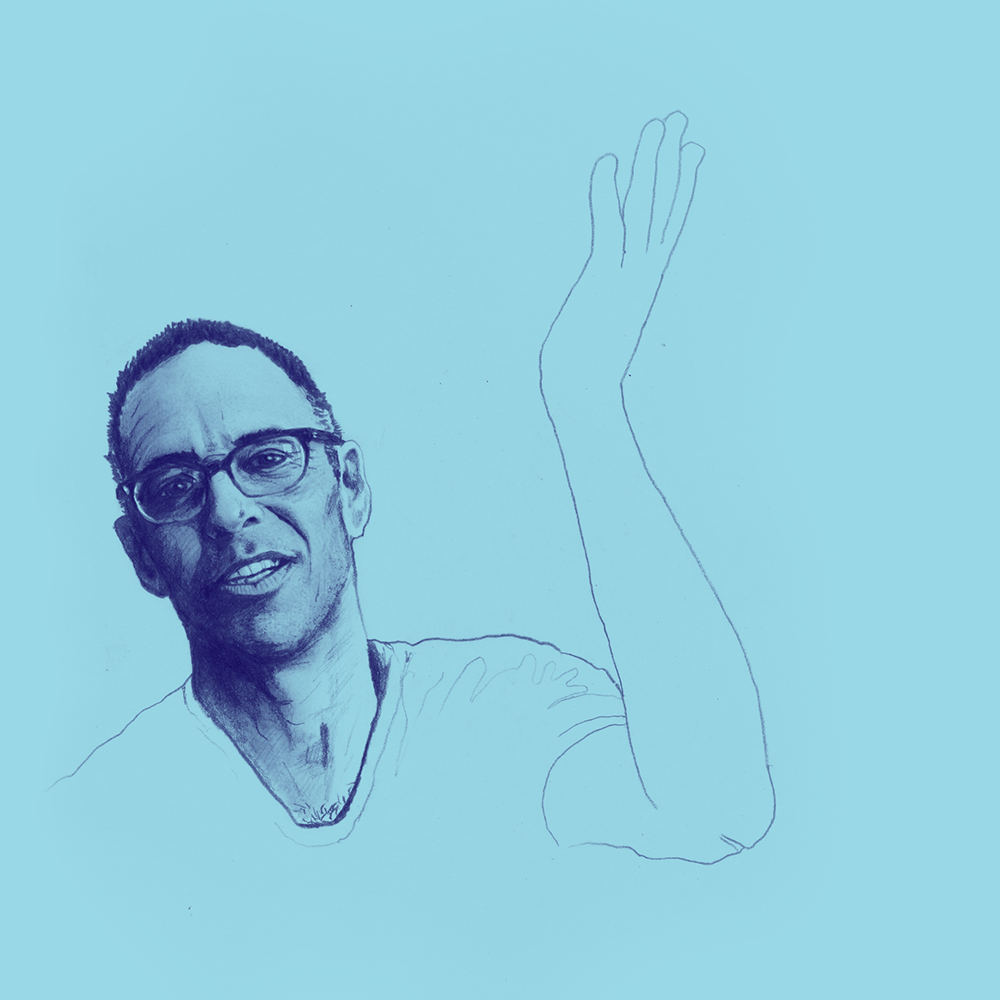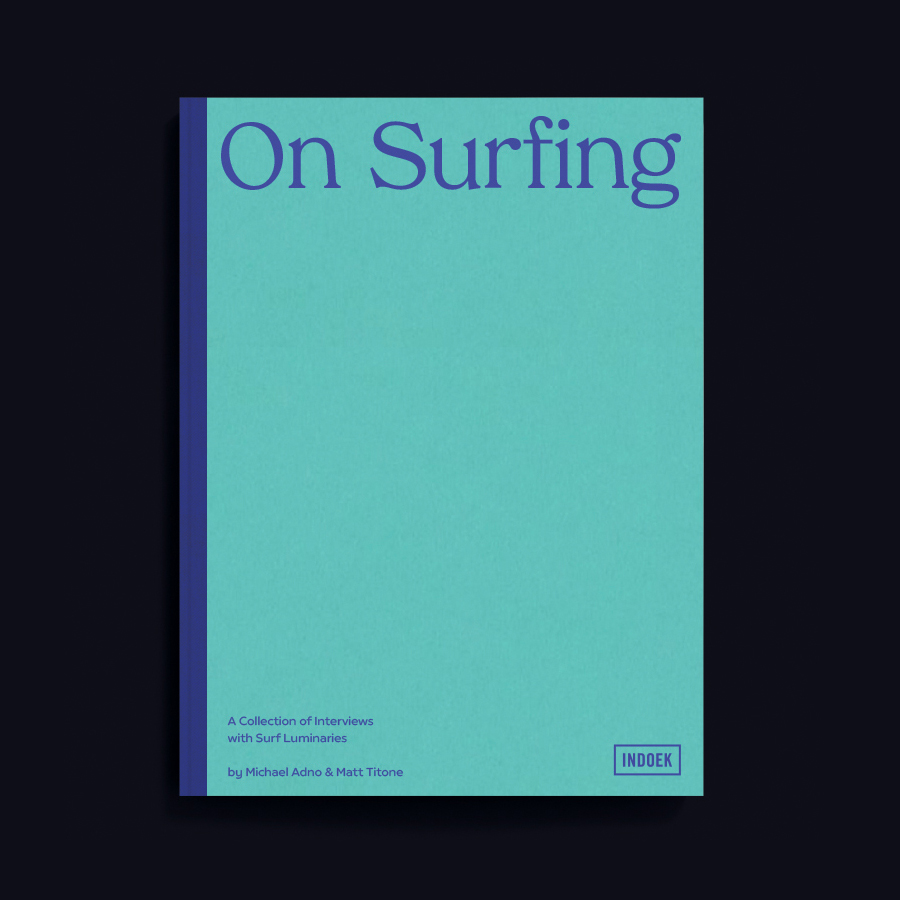Can you describe one of the most challenging aspects of surfing to you?
Endless challenges. Standing up for the first time, competing, big waves, tube-riding. Most every time I set foot in the water it was to challenge myself, to one degree or another. Not the best way to feel good about the thing you love, but the only way I knew how. The biggest challenge by far is the one before me now: how to surf casually, occasionally, without concern for my performance. Not even close to figuring it out.
What is one of the most redemptive or rewarding parts of surfing?
Nothing particularly redemptive. Miki Dora said something about how surfing is a beautiful waste of time, and I agree with that. We get into trouble so quickly when we try and make it sound like anything bigger or grander. We’re just out there getting exercise—in the best possible surroundings, though, and that does make a difference. The rewarding part would be the few moments, and there weren’t many, when I did it just right. Ten, or twenty, or thirty years spent working at it, and for a single wave, or even a single turn, all the effort would get distilled into something perfect. Body, mind, board, wave, four-part chorus. The highest I’ve ever been. Then it would fall apart, and I’d spend the next few months chasing another moment.
What has surfing afforded you in your life?
A career that I love, a lifetime of memories, a handful of great friends.
How long can you go without surfing?
I surfed, or had the option to surf, for 40 straight years. I could go maybe a week before I’d just break down and surf anything, any kind of shit wave, just to get in the water. At age 49, I moved with my family to Seattle, and that really was the end of surfing that way I’d always surfed. It was surprisingly easy. It was a relief. Again, because I can’t seem to do it casually, trying to keep my skill level up in my late 40s was really frustrating. And futile. Also it was just feeling repetitive. I remember being out at Ocean Beach, San Francisco, where I lived from 1991 to 2011, and backing out of waves because I already knew exactly how they were going to play out. I never got into longboarding, or finless surfing; I never wanted to ride a fish, or a funboard, or SUP. All I ever wanted to do was ride a high-performance shortboard as well as I could. That’s a deficiency on my part. It’s limiting. But it is what it is. So I was frustrated and bored with surfing, not all the time, but much of the time, when we moved to Seattle. But I didn’t know how deep those feelings ran until we got here, and I wasn’t able to surf—something I’d done with total devotion since age 9—and it felt great. Letting it go felt great. The challenge now is to get it back, but in a different form, a more relaxed form. If I could bodysurf for 20 minutes a day, that would do it.
How and when did you fall in love with surfing?
My uncle Dan was a surfer, and he was the coolest person I knew as a kid, and I wanted to be like him. We had a swimming pool, and Dan put me on his Hansen when I was maybe six, and pushed me across from one end to the other, and that was it. In my mind I was already a surfer.
What’s one of your pre/post-surf rituals you hold dear?
It isn’t really a surf session until I break it down afterwards with Lewis Samuels. As a kindness, because I’m old, he’ll always find something nice to say. I take any compliment I can get these days.


